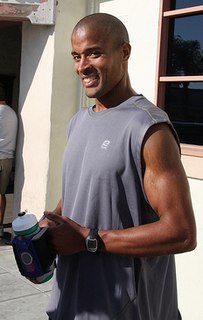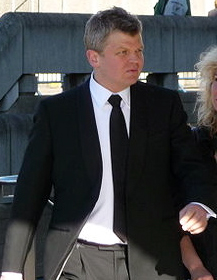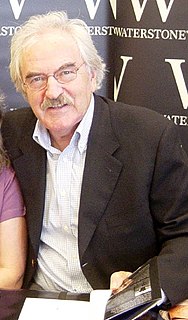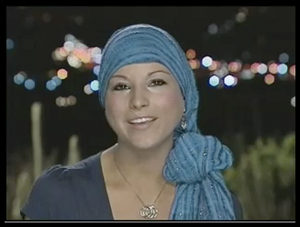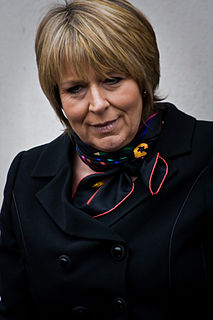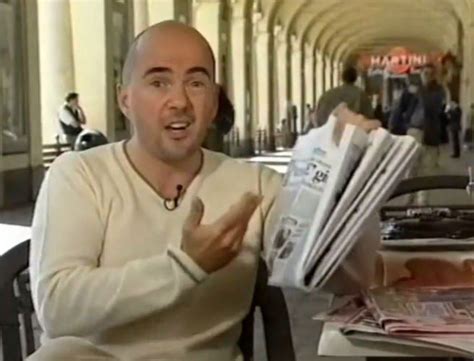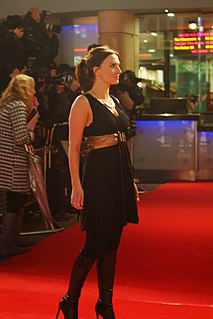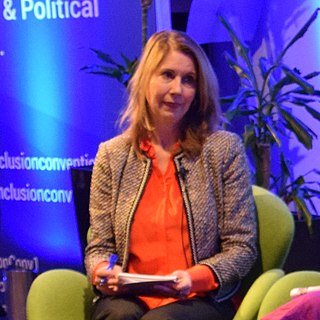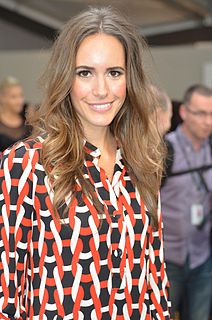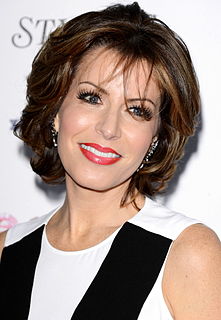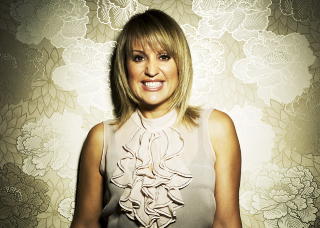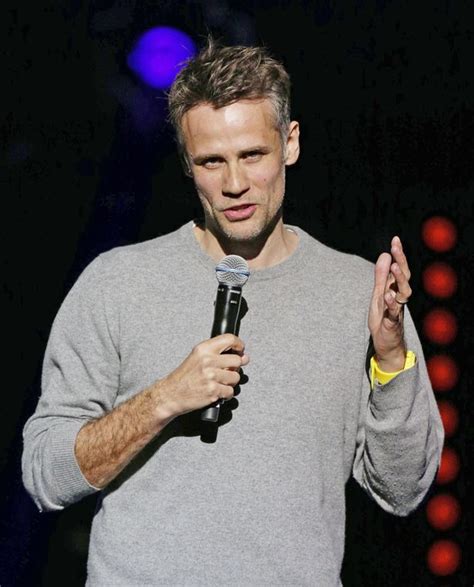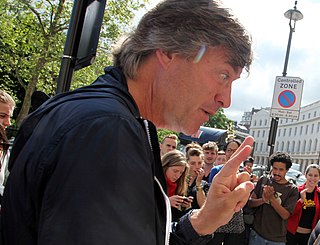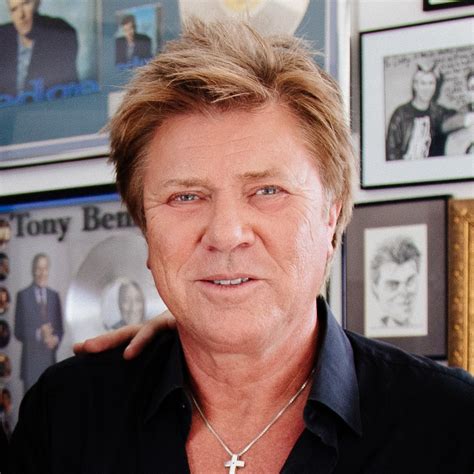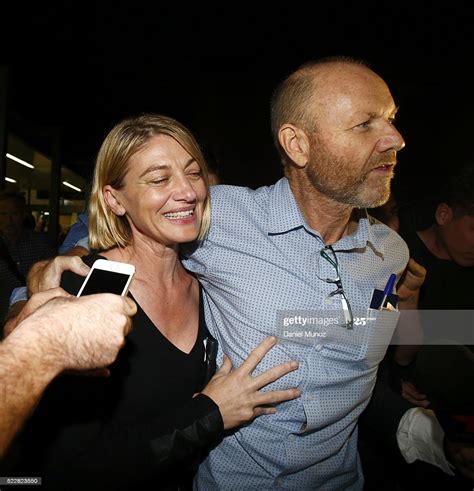A Quote by Dallas Campbell
There is so much wonder and joy in science, about understanding how the world works and why the world is the way it is. It's not just for academics. It is a thing that's available to everyone.
Related Quotes
Science isn't just about solving this or that puzzle. It's about understanding how the world works: the whole world from the vastness of the cosmos to the particularity of an individual human life. It's worth thinking about how all the different ways we have to talk about the world manage to fit together.
There are lots of cases where we know more about how the world works than we do about how we know how it works. That's no paradox. Understanding the structure of galaxies is one thing, understanding how we understand the structure of galaxies is quite another. There isn't the slightest reason why the first should wait on the second and, in point of historical fact, it didn't. This bears a lot of emphasis; it turns up in philosophy practically everywhere you look.
Science fiction isn't just thinking about the world out there. It's also thinking about how that world might be - a particularly important exercise for those who are oppressed, because if they're going to change the world we live in, they - and all of us - have to be able to think about a world that works differently.
Science fiction isn’t just thinking about the world out there. It’s also thinking about how that world might be—a particularly important exercise for those who are oppressed, because if they’re going to change the world we live in, they—and all of us—have to be able to think about a world that works differently.
Aristotle said that philosophy begins in wonder. I believe it also ends in wonder. The ultimate way in which we relate to the world as something sacred is by renewing our sense of wonder. That's why I'm so opposed to the kind of miracle-mongering we find in both new-age and old-age religion. We're attracted to pseudomiracles only because we've ceased to wonder at the world, at how amazing it is.
I can think of very few science books I've read that I've called useful. What they've been is wonderful. They've actually made me feel that the world around me is a much fuller, much more wonderful, much more awesome place than I ever realized it was. That has been, for me, the wonder of science. That's why science fiction retains its compelling fascination for people. That's why the move of science fiction into biology is so intriguing. I think that science has got a wonderful story to tell.
So this show [Cosmos] does not only operate on you intellectually, because telling you stories of how science works and why it works and what was discovered and why it matters, but combines that with stunning visualizations of the cosmos. This has the chance of affecting you intellectually and emotionally, and as well as even spiritually, because the wonder and awe of the universe are especially potent when presented in this way."
I agree that science is the best way of understanding the natural world, and therefore that we have reason to believe what the best science tells us about the objects in that world and the relations between them. But this does not mean that the natural world is the only thing we can have true beliefs about. The status of material objects as things that are "real" is a matter of their having physical properties, such as weight, solidity, and spatio-temporal location. In order to be real, such things need not have, in addition to these properties, some further kind of metaphysical existence.
The relationship between science and the humanities is two-way. Science changes our view of the world and our place in it. In the other direction, the humanities provide the store of ideas and images and language available to us in understanding the world. The exploding star of A.D. 1054, the Crab Nebula, was sighted and documented by the Chinese, but nowhere mentioned in the West, where the Aristotelian notion of the immortality of stars still held sway. We often do not see what we do not expect to see.
I would teach how science works as much as I would teach what science knows. I would assert (given that essentially, everyone will learn to read) that science literacy is the most important kind of literacy they can take into the 21st century. I would undervalue grades based on knowing things and find ways to reward curiosity. In the end, it's the people who are curious who change the world.










